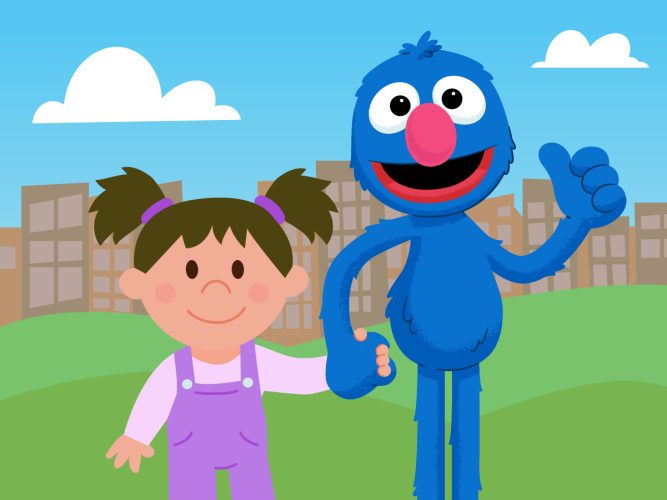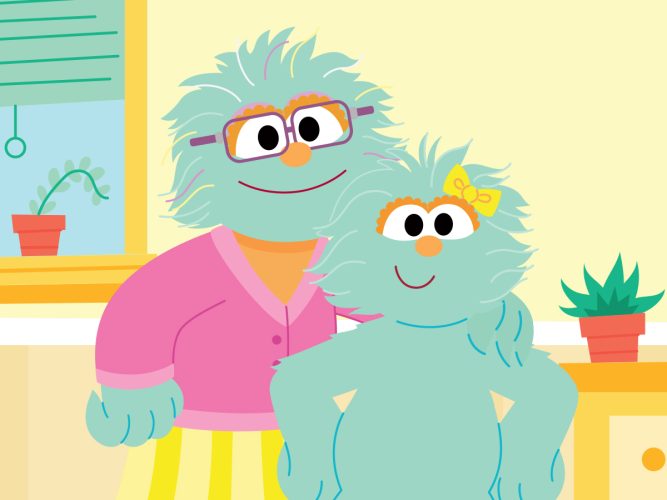
Parent Resource Page
If you’re concerned about—or considering seeking professional support for—your child’s emotional well-being, there are lots of resources just for you.
If you’re reading this, chances are you’re thinking about your little one’s emotional well-being. Many children face big challenges, and you aren’t the only family who has gone through this. With the right support, these struggles can be turned into growth opportunities, building strengths that last a lifetime.
In fact, you’re already helping your child by noticing and trying to understand their feelings and behavior, and carefully considering how to best support them. There’s lots of help out there. The resources on this printable page can help you learn more about your concerns and find the right help if needed.
If your child begins seeing a therapist or counselor (“feelings helper”)…
Remember that children may be confused about what a feelings helper is, and also anxious or resistant to going. Try to stay calm and positive yourself as you explain what’s happening. Because children look to you for comfort, support, and guidance, you might offer honest, simple explanations:
- Everyone has big feelings (even grown-ups!). Sometimes they get so big that they make it hard for us to do the things we want to do, like play, learn, sleep, be a friend, and just feel good. That’s when we might need the help of a feelings helper—a therapist.
- In therapy, you and your feelings helper may talk, listen, draw, play, practice taking deep breaths, and more.
- In therapy, playing and drawing can help us talk about feelings that might be hard to talk about.
- Lots of grown-ups go to feelings helpers too!
- Getting help for big feelings is so brave.
And keep in mind…
- You may wonder about what your child will talk about in therapy, or how it will reflect on your family. Remember that the therapist is there to support your child, which means they’re also there to support you as a caregiver!
- Because your child is young, the therapist will probably also want to talk and work with you as their caregiver to learn special strategies to support your child with their feelings and behaviors. Lots of caregivers benefit from learning these special strategies!
- There are so many things your child can gain from therapy, and every child’s journey is different. Your child may learn to:
- Recognize and communicate big feelings—this also helps with “big behaviors”!
- Use special strategies to help with behaviors (such as tantrums)
- Brainstorm strategies to handle tough situations
- Build on their strengths to find ways to thrive in the future
- …And you’ll learn how to best support your child throughout the process.
- Families are teams! When one person is struggling, everyone feels it—so when one family member finds support, the whole family benefits. Let your child know you’re on their team by telling them how proud you are of their work in therapy.
- Trust your instincts. Just because you begin with a therapist doesn’t mean you have to continue if it doesn’t seem like a good fit. (Keep in mind it may take time for a therapist to build a connection and trust with your child. Most treatment takes time, and you might not see a change in your child right away.)
Whether or not your child ends up seeing a professional, here are some phrases you can never say too often!
- Lots of other kids are going through things like you’re going through.
- I love you no matter what you are feeling or what you are doing.
- Even when I’m angry or upset or have to tell you no, I always love you.
- You are special. There’s no one else just like you.
- It’s important to treat ourselves kindly.
- We’re in this together!
And keep in mind that mental health isn’t only about feeling good; it’s also about how well we cope when we’re feeling the difficult feeling… and it’s about how well we’re able to express them. You and other caring adults can help them take care of their most challenging emotions so that those feelings can become important ingredients in building resilience.
Resource page compiled by The American Psychological Association.

Hum Along to Sunny Days With Elmo and Friends
A video about the power of humming.

Mindful Caregivers
Practicing mindfulness is a great way to slow down and reset.

What Mental Health Specialists Want Parents to Know About Anxiety
An article for parents about childhood anxiety

When You’re Concerned About Your Child’s Mental Health
An article for parents concerned about children’s mental health.

Soothe Snuggle Slowdown: Songs and Strategies for Restful Sleep
This curated playlist helps little ones (and their tired grown-ups) relax and unwind! A mix of mellow tunes sets the mood for naps, bedtime… or just some much needed down time.

Components of Community: Creating Social Connections to Address Mental Health

Components of Community: The Science of Kindness
Explore ways to connect and foster kindness in everyday life.
